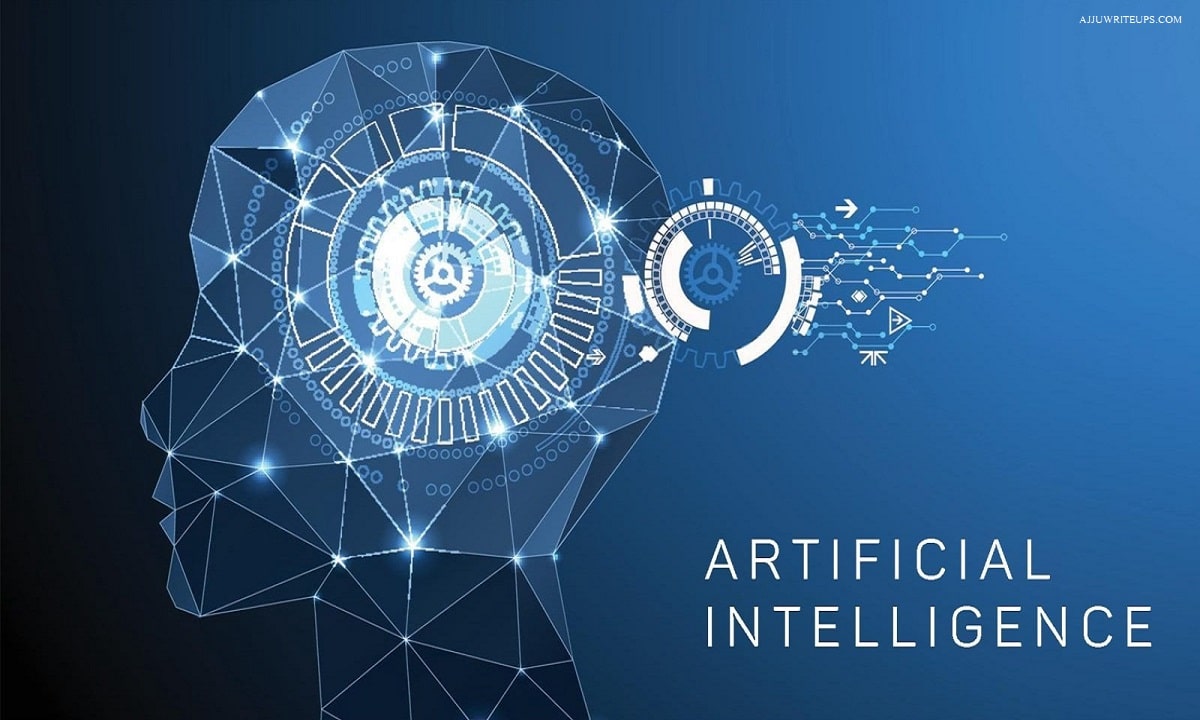Artificial Intelligence is the use of computer systems to perform tasks that require human intelligence, such as decision making, problem solving, and learning. AI systems can be programmed to think, reason, and act like humans, and can be used to automate tasks in a variety of sectors, such as healthcare, finance, and transportation.
The Impact of Artificial Intelligence on Everyday Life
It has had a huge impact on human life in many different ways. AI can help automate tasks, such as scheduling meetings, sorting through data, and even helping with medical diagnoses.
AI can also help with predictive analytics, using data to anticipate trends and make decisions. AI has also been used to create virtual assistants, such as Amazon’s Alexa and Apple’s Siri, which can help answer questions and complete tasks.
AI has even been used to create self–driving cars and robots. In the near future, it’s likely that AI will become an even more integral part of our lives, making many tasks easier and more efficient.
chatgpt ai modern search engine
What Is The Future Of Artificial Intelligence
- Increased Automation: AI will continue to evolve and become increasingly capable of taking on more complex tasks, leading to increased automation in a variety of industries.
- Improved Healthcare: AI will be used to improve healthcare outcomes by improving diagnosis accuracy and helping to identify new treatments and therapies.
- Increased Personalization: AI will become more capable of understanding and responding to individual needs, leading to more personalized experiences.
- Better Human–Computer Interaction: AI–powered interfaces will become more intuitive, allowing humans to interact with computers more naturally.
- Smarter Machines: AI will become increasingly sophisticated, leading to machines that are smarter and more capable than ever before.
How We Use Artificial Intelligence
- 1. Automation: AI can be used to automate repetitive tasks, such as data entry, customer service, and marketing.
- Natural Language Processing (NLP): AI can be used to process and understand human language, allowing for more natural interactions with computers.
- Machine Learning: AI can be used to learn from data, so that it can make better decisions and predictions.
- Computer Vision: AI can be used to identify images, objects, and faces in digital images and videos.
- Robotics: AI can be used to control robots, allowing them to interact with their environment and complete tasks autonomously.
Disadvantage Of Artifical Intelligence
- Cost: AI can be expensive to implement, especially for small businesses.
- Lack of creativity: AI is only as good as the data it’s given. AI lacks the creative aspect of human thinking and is not able to come up with its own ideas.
- Job loss: AI has the potential to replace many human jobs. This could lead to a dramatic rise in unemployment rates.
- Security risks: AI systems can be vulnerable to hackers, which could lead to data breaches and other security issues.
- Bias: AI is only as good as the data it’s given. If the data is biased, the AI system will be too.
Artificial Intelligence: What It Is and How It Is Used
Conclusion
This is the future of technology. It is the science and engineering of making intelligent machines that are capable of performing tasks that normally require human intelligence. AI is transforming the way we live, work, and think, and it is becoming increasingly important in our world. AI is being used to solve problems that were once considered too difficult or time–consuming for humans. AI has potential to revolutionize many industries, from healthcare to finance, and to improve our lives in ways that we can only imagine.

1 thought on “Artificial Intelligence The Future of Technology”